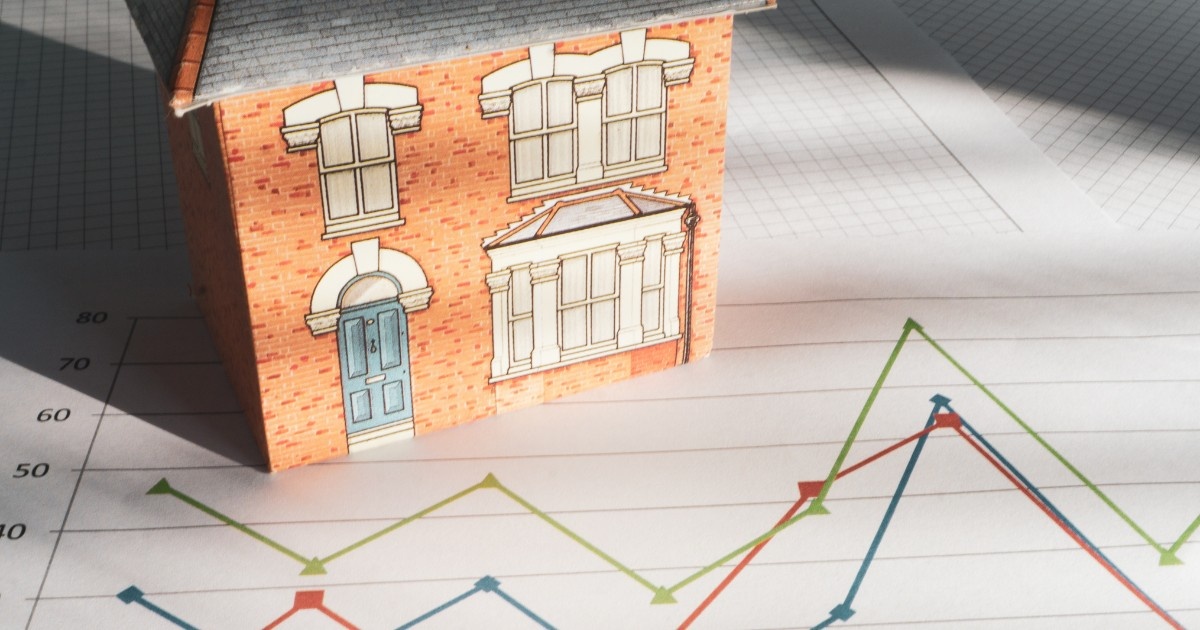From a housing perspective, it was an interesting and enlightening 40 days leading up to Canada’s 2019 federal election. Justin Trudeau’s new mandate was far from a landslide win, resulting in a Liberal minority government at the helm. This means Liberals will need the support of the other parties to pass legislation. Could this prospect of collaboration be a saving grace for Canada’s housing?
One thing Canadians have agreed on is that housing affordability and the cost of living are a top priority. The question about which party would effectively address those concerns was largely up in the air, and it still is.
The new minority government could be just what Canada needs to pull it out of this housing quagmire, which only seems to have gotten muddier since the Liberals took power in 2015. The last four years have seen skyrocketing housing prices and rents rising in lockstep, while housing supply dwindles.
This story of unsustainable growth in parts of Ontario is offset by the turmoil in Western Canada, with Liberal policies taking the brunt of the blame for what’s happening in British Columbia, Alberta and Saskatchewan. Generally speaking, the Liberals haven’t had positive impacts on real estate – yet.
The solution to Canada’s housing woes, at least for the next four-year term (barring any political shake-ups, which could cut that short) might be found through collaboration.
The Conservatives and New Democrats laid out some seemingly solid plans to address the housing crisis in their 40-day campaign period, tabling changes to the mortgage stress test, a return of 30-year amortizations for first-time homebuyers (even though it’s likely that both of these policies would have only pushed prices up in the long run) and addressing housing supply. Meanwhile, the Liberals are largely planning to stay the course, much to the chagrin of many Canadians who have been hoping, if not praying, for real estate relief.
With that being said, Team Trudeau has made some moves on the housing front over the last four years.
The National Housing Strategy is one of the wins, established in 2017 to help reduce homelessness and increase the availability and quality of affordable housing, at a cost of $50 billion over 10 years. Trudeau also increased the amount first-time homebuyers can withdraw from their registered retirement savings plan, from $25,000 to $35,000. And let’s not forget about the First-Time Home Buyer Incentive, an interest-free government loan covering up to 10 per cent of a home’s price, to lower the mortgage payments.
On the questionable side of the Liberals’ 2019 campaign was their promise to boost the First-Time Home Buyer Incentive amount in Toronto and Vancouver, to offset the sky-high prices in these markets. But when the average home hovers around $800,000 and $1 million respectively, the First-Time Home Buyer Incentive isn’t much of an incentive. The Liberals have also tabled a one-per-cent speculation tax on vacant homes owned by foreigners, which could limit price growth. But in reality, this policy won’t have much impact on the average Canadian.
What the Liberals have failed to address entirely is the prohibitive mortgage stress test, which was implemented to put the brakes on Canada’s runaway housing markets. While it did help rein in unprecedented price growth in Toronto and Vancouver, the policy has come under scrutiny for being outdated and ultimately, a barrier to home ownership. I am 100 per cent supportive of responsible debt levels and policies to ensure that goal, but even with the recent modifications, the mortgage stress test is more hindrance than help.
Another gap in the Liberals’ platform is the issue of housing supply, which is at the crux of our affordability crisis. Between the lack of rental housing and supply of affordable housing and less incentive for developers to build new communities, Canada is experiencing a serious housing shortage. This is particularly true in Vancouver and Toronto, where the average cost of living continues to tick upward, and residents are left scrambling for affordable alternatives.
It seems to me that Trudeau needs a reality check, which may come from the Conservatives, NDP and Bloc Québécois. By taking the best proposals put forth by each party, perhaps a patchwork solution will be found. But the collaboration can’t stop at the federal level. Trudeau must work closely with provincial and municipal governments, as well as the private sector, to create more housing supply.
Many Canadians, especially millennials, new immigrants and those employed in the so-called “gig economy” feel home ownership is becoming less tangible by the day. While politicians of all stripes acknowledge the mounting urgency of affordable housing, few are offering any timely or compelling solutions.
Real estate is still one of the safest and most reliable financial investments for Canadians. As real estate professionals, it’s our duty to help prospective homebuyers navigate this tricky landscape. Outside of creating more supply and affordable housing, I urge governments to refrain from meddling with the private real estate market. History shows that whenever they do, the effects are mostly detrimental.
I urge Canada’s new government to work together to develop a national housing strategy that addresses all issues relating to affordability. The health of Canada’s housing is at stake.

Christopher began his career as a Re/Max Sales Associate at an independently owned and operated brokerage in 2010 before joining sub-master franchise Re/Max Integra as a Franchise Sales Consultant in 2014. He then served as chief strategy officer and executive vice president of Re/Max Integra and was responsible for the day-to-day operations as well as developing and overseeing business strategies. He joined Re/Max, LLC as Senior Vice President of Re/Max Canada in July 2021 and was named president in November 2021. Christopher Alexander oversees operations for the company-owned Re/Max Canada region, which includes Alberta, British Columbia, Manitoba, New Brunswick, Newfoundland and Labrador, Nova Scotia, Ontario, Prince Edward Island and Saskatchewan. Additionally, he works closely with the leaders of the independent RE/MAX Quebec region to build a cohesive brand strategy across the country.















